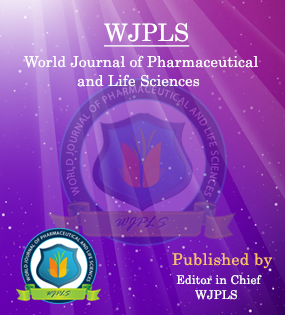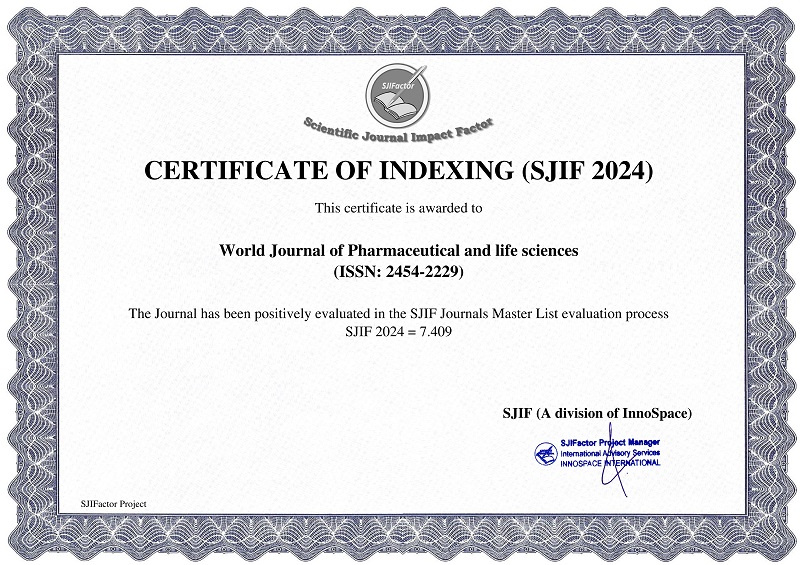Abstract
GLUCOCORTICOSTEROIDS: THERAPEUTIC APPLICATION AND THE ADVERSE EFFECTS OF CHRONIC USE
Rutuja Dadasaheb Shriram*
ABSTRACT
Glucocorticosteroids (GCS) are steroid hormones synthesized primarily in the adrenal cortex and play a crucial role in regulating various physiological processes, including metabolism, immune response, and stress. Their synthesis involves several key enzymes, such as cholesterol desmolase (CYP11A1), 3β-hydroxysteroid dehydrogenase, and 21-hydroxylase, which are also involved in both adrenal and gonadal steroidogenesis pathways. Glucocorticosteroids are widely used in the treatment of inflammatory and autoimmune diseases, such as rheumatoid arthritis, asthma, and inflammatory bowel disease (IBD), due to their potent anti-inflammatory and immunosuppressive properties. Pharmaceutical glucocorticosteroids are designed to mimic endogenous cortisol and can be administered through various formulations (oral, intravenous, topical, etc.) depending on the clinical need. However, prolonged use of GCS is associated with several adverse effects, including osteoporosis, hypertension, hyperglycemia, and adrenal suppression. The availability of different GCS forms and doses aims to maximize therapeutic efficacy while minimizing side effects. This review focuses on the biochemical pathways of GCS synthesis, their therapeutic applications, and the adverse effects associated with long-term usage, along with strategies for mitigating these risks in clinical practice.
[Full Text Article] [Download Certificate]WJPLS CITATION 
| All | Since 2020 | |
| Citation | 590 | 424 |
| h-index | 12 | 10 |
| i10-index | 17 | 14 |
INDEXING
NEWS & UPDATION
BEST ARTICLE AWARDS
World Journal of Pharmaceutical and life sciences is giving Best Article Award in every Issue for Best Article and Issue Certificate of Appreciation to the Authors to promote research activity of scholar.
Best Article of current issue
Download Article : Click here





